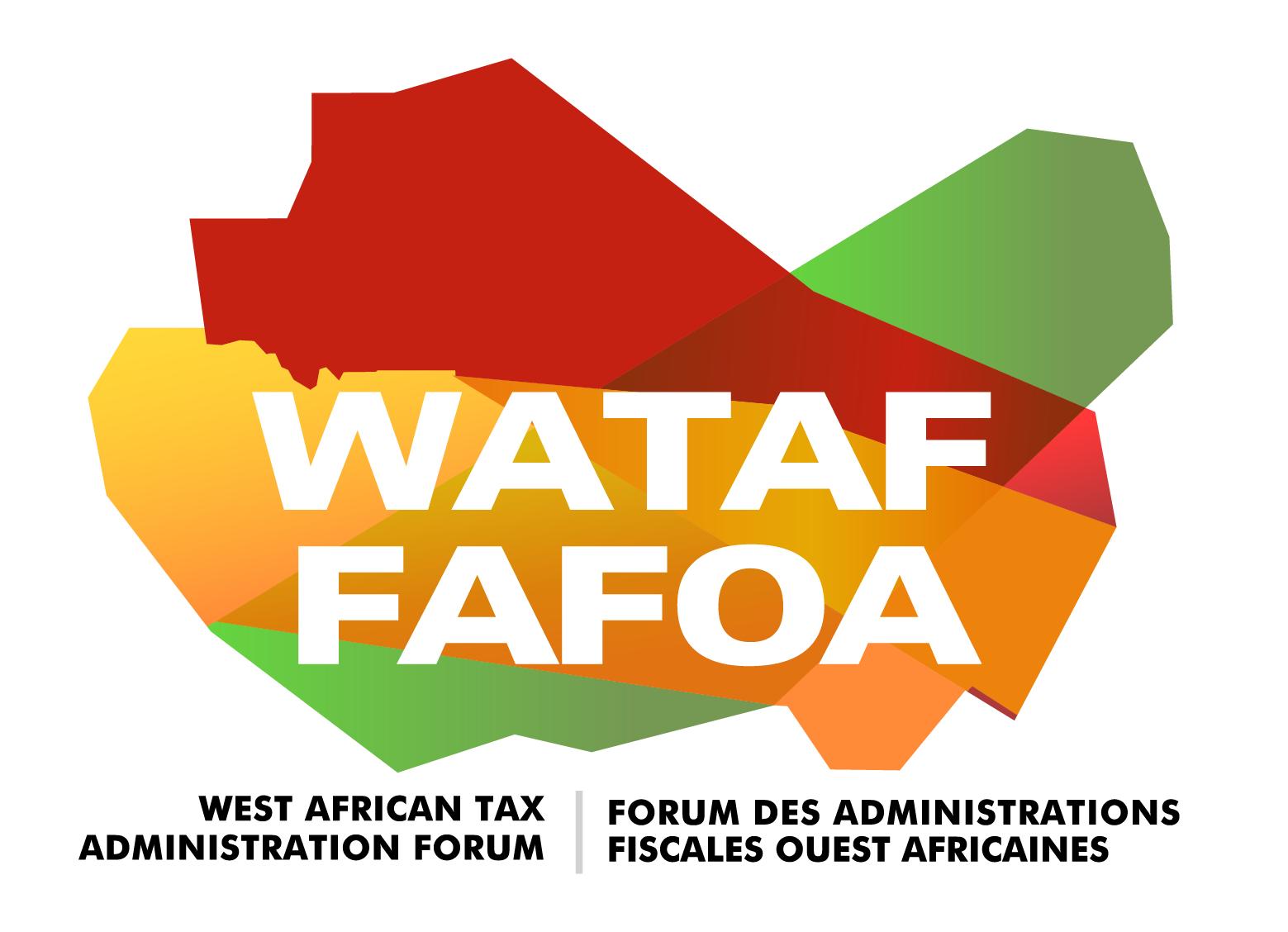Posits by Scott (2014) as an unwritten agreement between a distinct set of institutions that has the authority to make the rules which govern a society and the members of a nation-state, in which the relative rights and duties of each are expressed, the social contract is a theory of social order that was popular in 17th and 18th centuries. Three conspicuous scholars propounded the most famous contracts that describe the real distribution of power among the aforementioned actors.
First, Hobbes (1651) elicits that security and order could only be achieved by a contract in which all citizens would give up all their ‘liberal individualism’ power to a central “chance of…men to realize their own will in a communal action even against the resistance of others who are participating in the action” in return for the protection of life and property.
As part of the fight against insecurity, the transitional government of Burkina Faso announced, on January 5, 2024, the institution of a compulsory deduction of one percent from the net remuneration of workers in the public and private sectors[1]. This patriotic effort that will most probably be devoted to tax administration, as far as private sector tax responsibilities are concerned aside the normal personal income tax paid from salaries and wages popularly referred to as PAYE, is set to replenish national treasury. Such collectivism is not peculiar to countries fighting terrorism. In Togo, a halcyon country, an ukase signed in October 2023, instituted a contribution due by employees under the compulsory health insurance scheme which is set at 10% of the monthly gross remuneration[2].
In contrast, Locke (1689) in the “Salus populi suprema lex esto” advocates strongly for a strategy of minimal and revocable government. His contract is predicate on the metaphorical link between regularities in nature and the authoritative regulation of human activity known as ‘natural law’ for the establishment of political authority. This stance resonates with autarchism described by Lefevre (1965) in his notorious encomium: “The Stoics provide the moral framework; the Epicureans, the motivation; the praxeologists, the methodology. I propose to call this package of ideological systems autarchy because autarchy means self-rule”. In short, it is a political philosophy that promotes the principles of individualism and the moral ideology of individual liberty and self-reliance[3]. Such strand can easily be observed in American society.
A third contract was imagined by Rousseau (1762) which requires a complete equality and democracy participation grounded in the expression of a ‘General Will’. This approach theorizes about how to establish legitimate authority in a political community, that is, one compatible with individual freedom, in the face of the problems of commercial society, which Rousseau had already identified in his Discourse on Inequality (1755)[4], is at par with a theory of social interaction hinge on the assertion that people expect rewards and costs from social exchange to be equitable.
WATAF as regional organization that promotes fairness in the mobilization of domestic revenue advocates for an inclusive approach in the social exchange and taxation.
Reference
Hobbes, T. (1651). Leviathan or The Matter, Forme and Power of a Commonwealth Ecclesiasticall and Civil. England.
Lefevre, R. (1965). Autarchy vs Anarchy. Rampart Journal of Individualist Thought, 30-49.
Locke, J. (1689). Two Treatises of Government (or Two Treatises of Government: In the Former, The False Principles, and Foundation of Sir Robert Filmer, and His Followers, Are Detected and Overthrown. The Latter Is an Essay Concerning The True Original, Extent, and End of . London: Awnsham Churchill.
Rousseau, J.-J. (1762). Du contrat social; ou, Principes du droit politique. Amsterdam: Marc-Michel Rey.
Scott, J. (2014). A Dictionary of Sociology (4 ed.). Oxford University Press.
[1] https://www.studioyafa.org/18014-prelevement-de-1-sur-les-salaires-trois-questions-pour-comprendre
[2] DECREE No. 2 0 2 3 – 0 9 6 _P/ R fixing the rates, amounts and methods of collection of social contributions and other contributions due under universal health insurance (AMU)
[4] The Social Contract – Wikipedia
Nyatefe Wolali DOTSEVI: Tax Research Manager, WATAF Secretariat.







 Views Today : 58
Views Today : 58 Total views : 35843
Total views : 35843